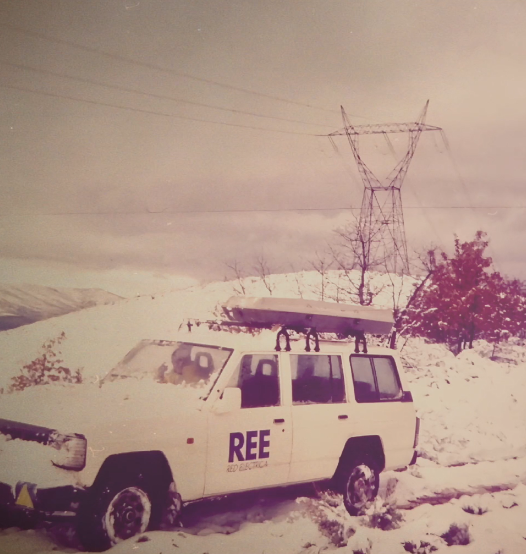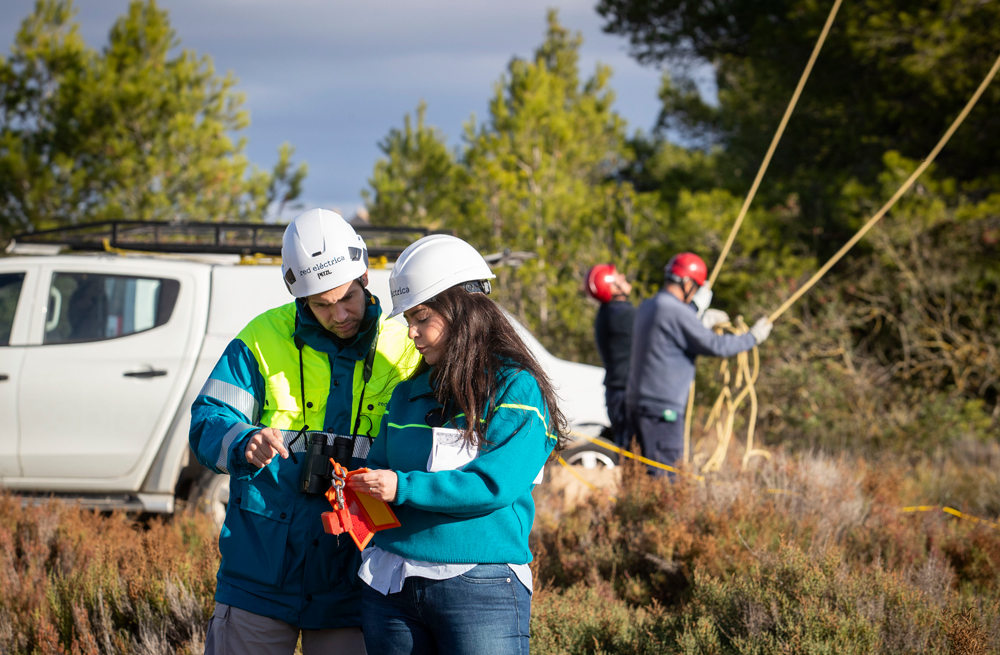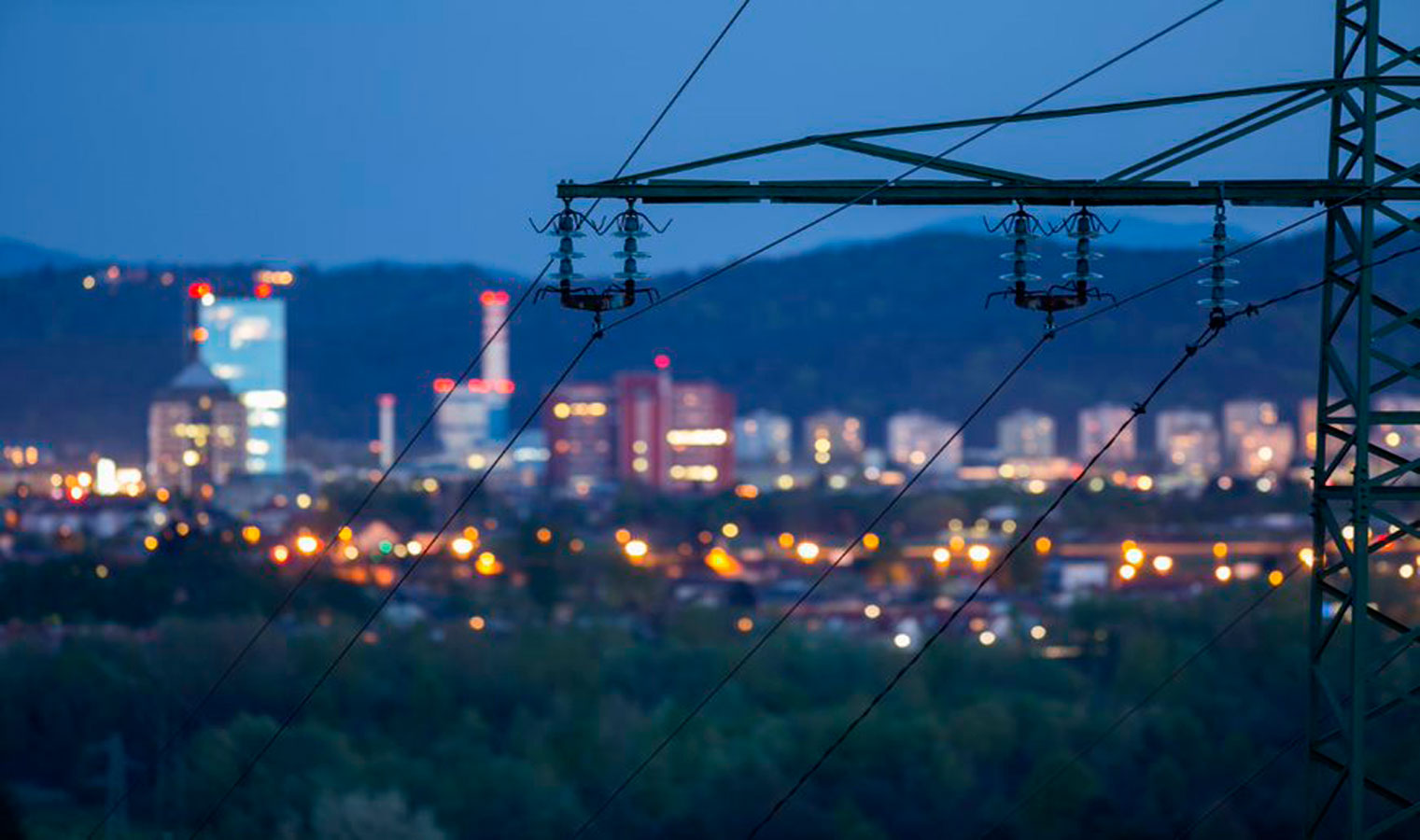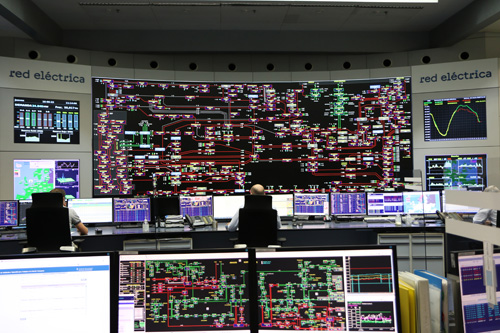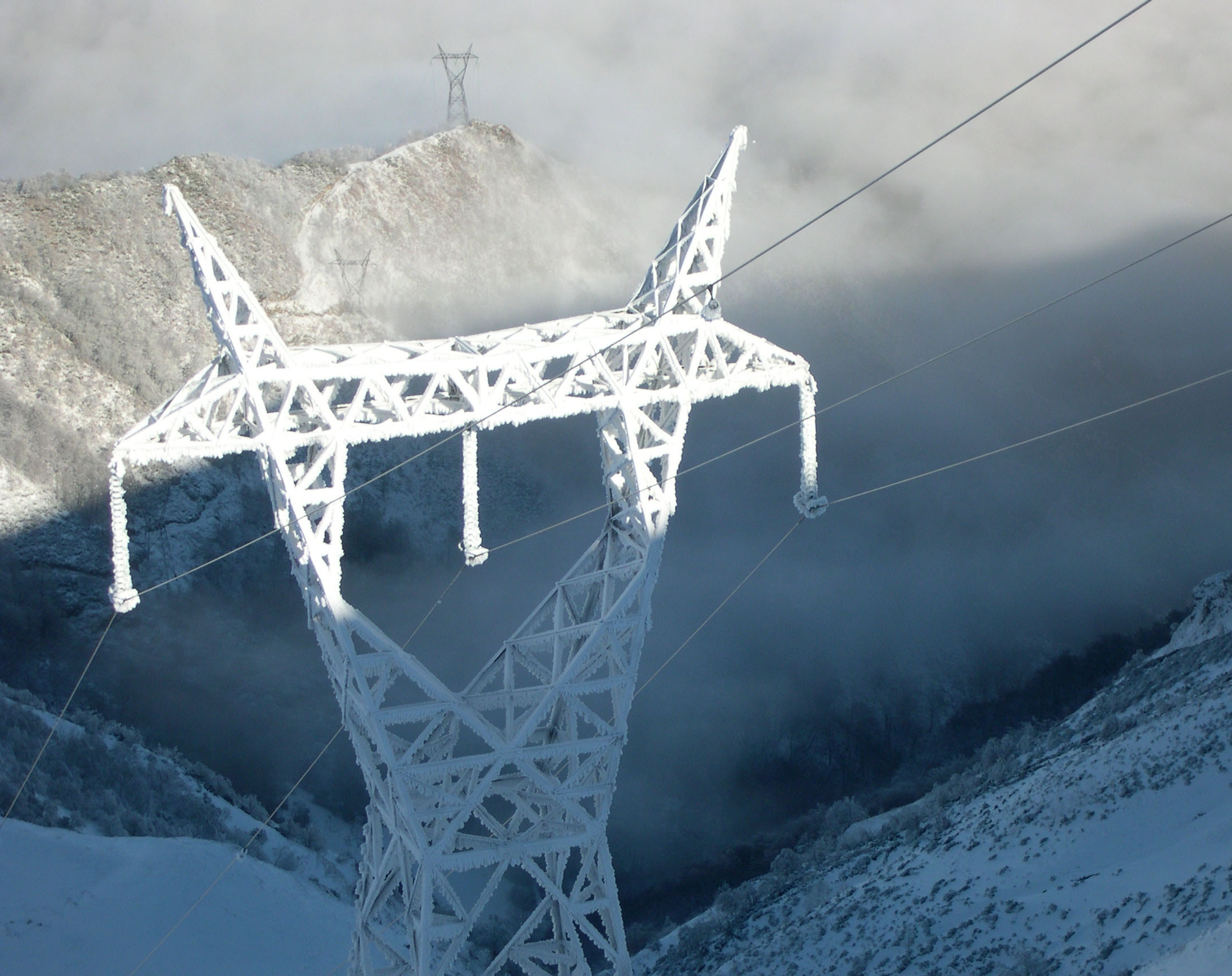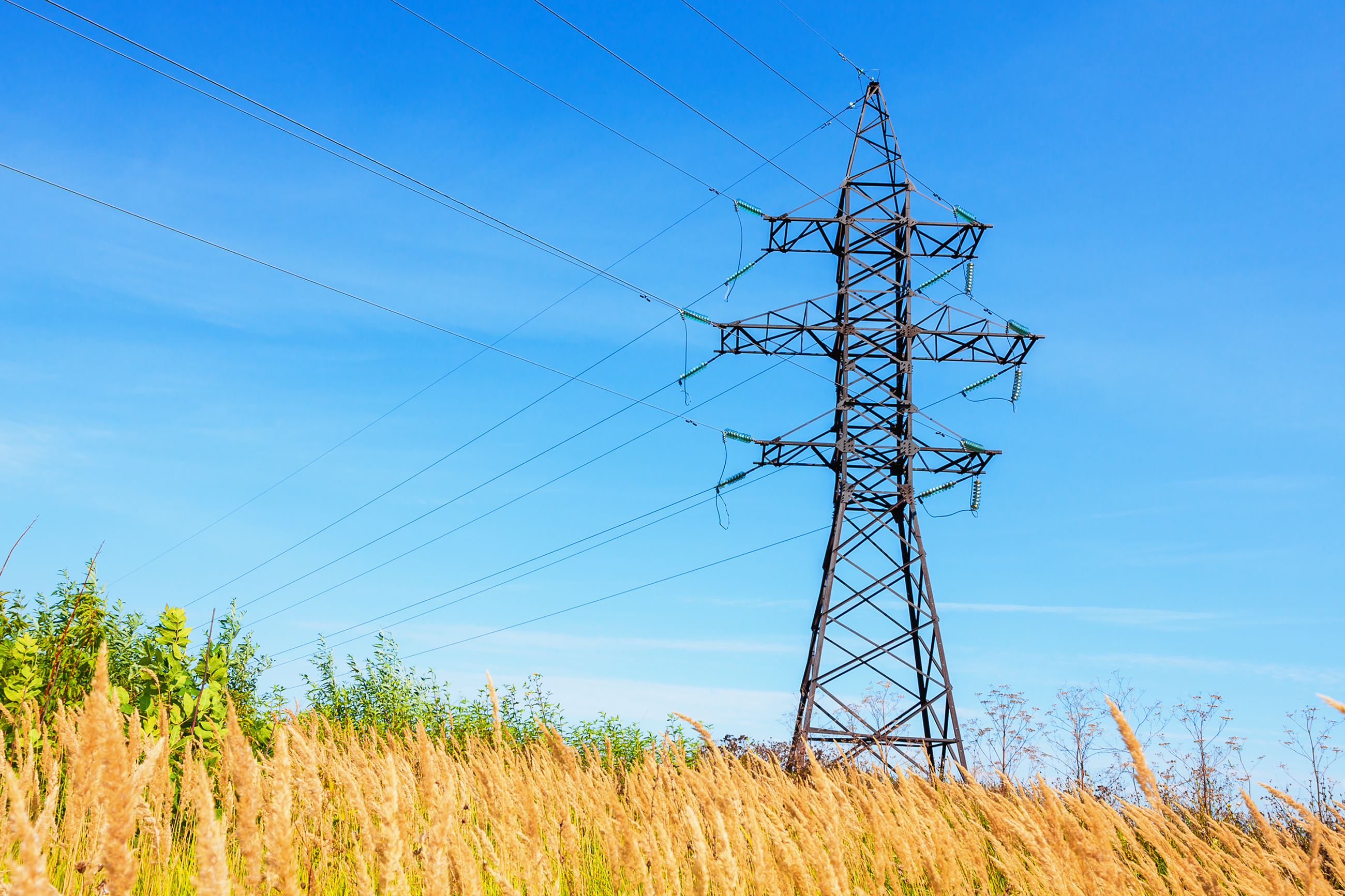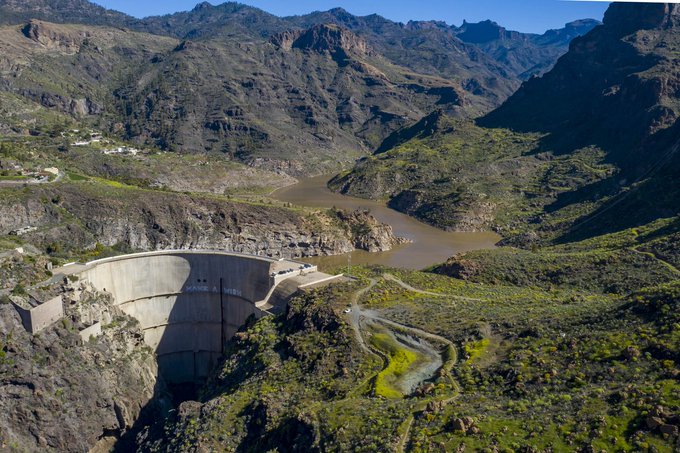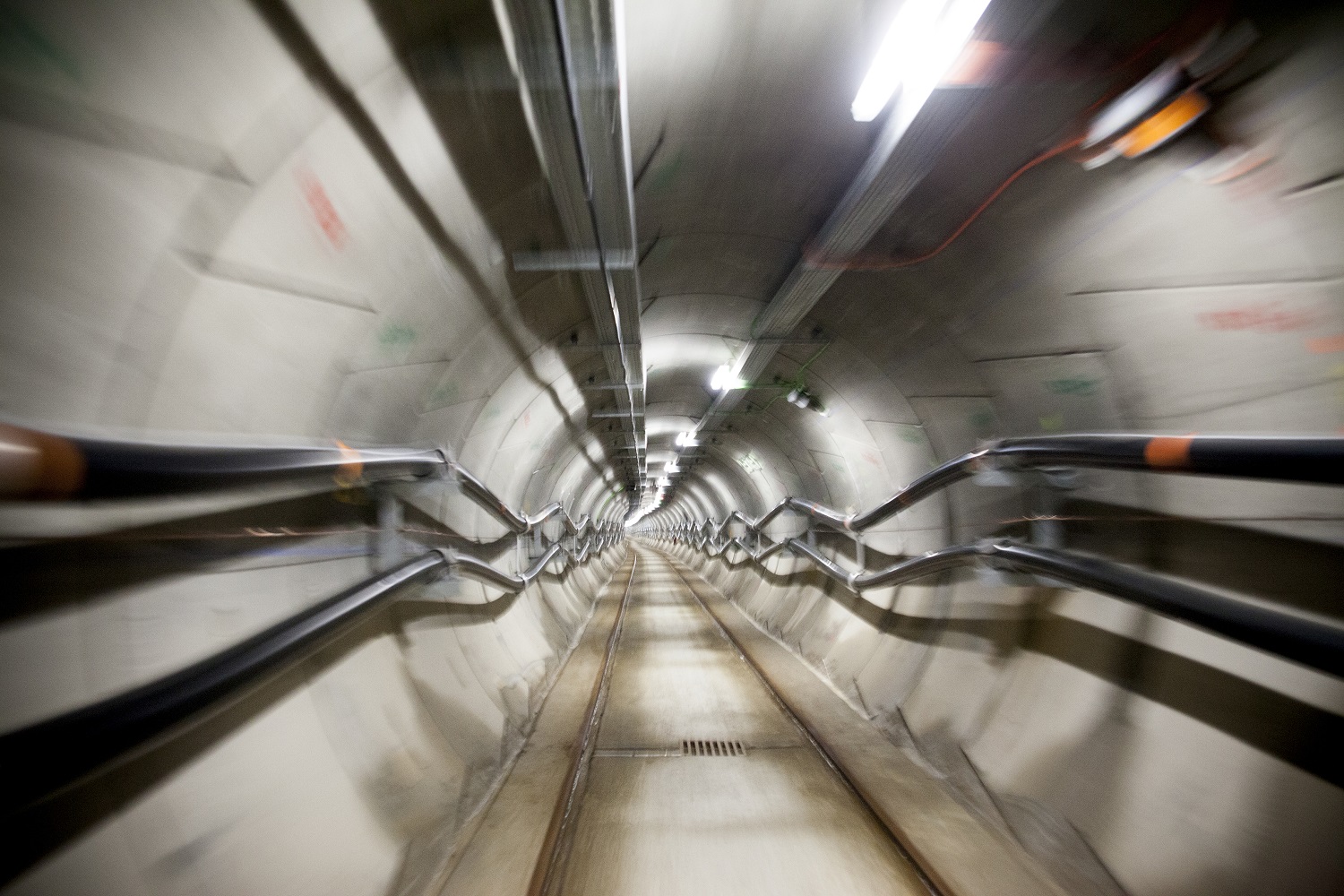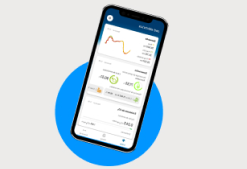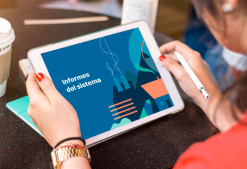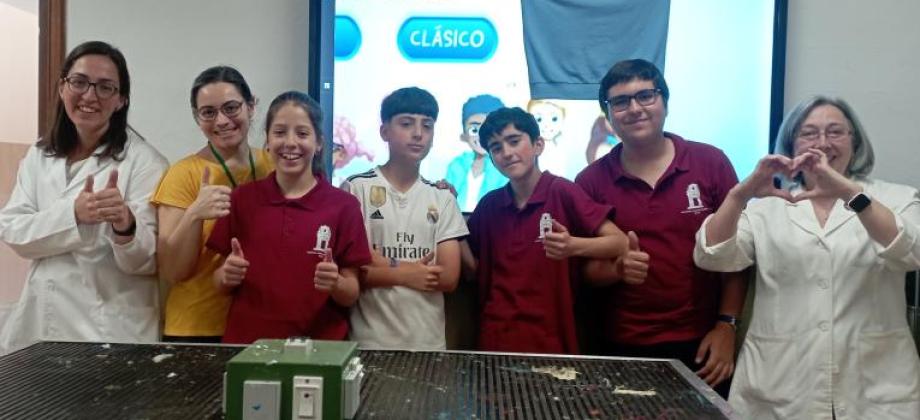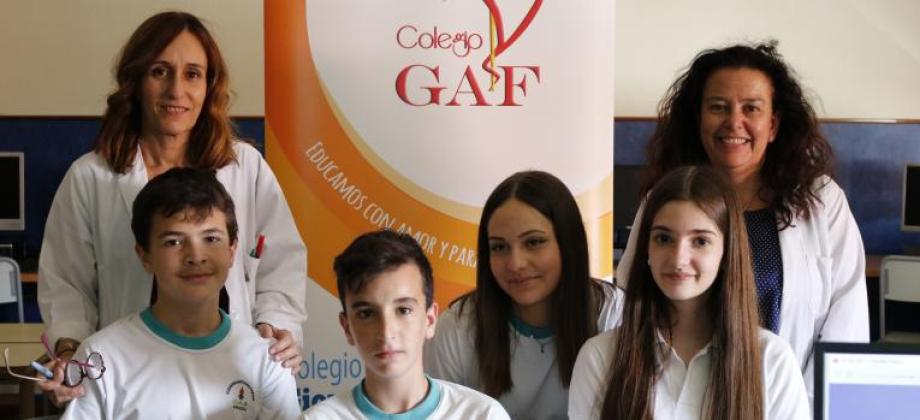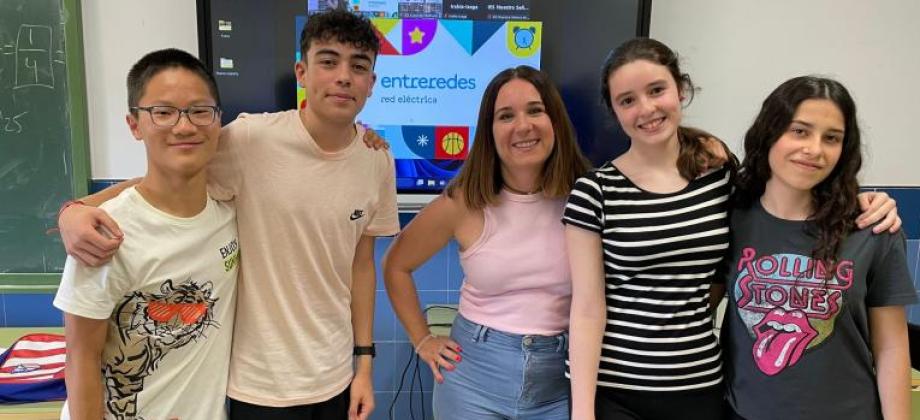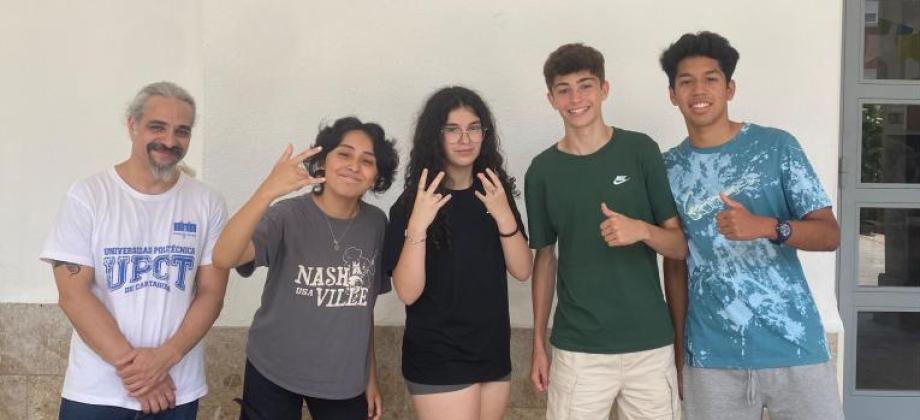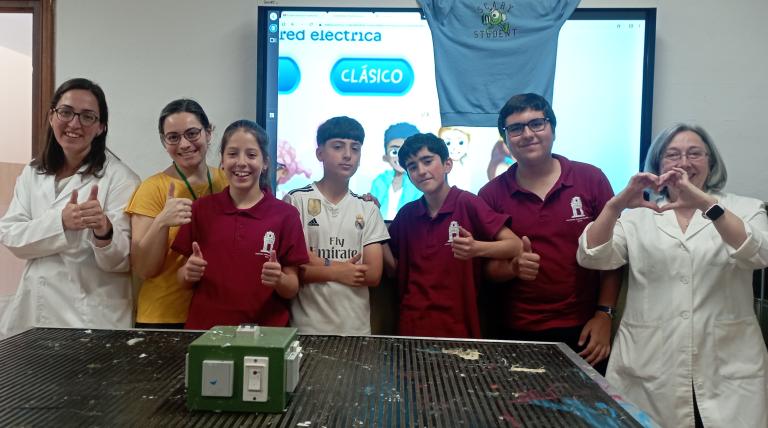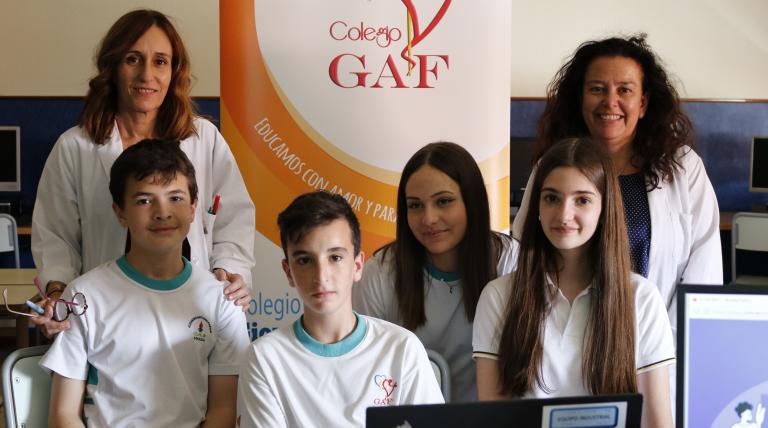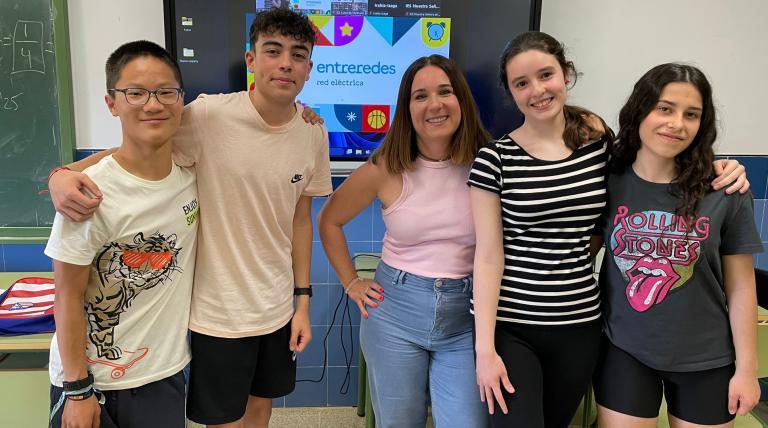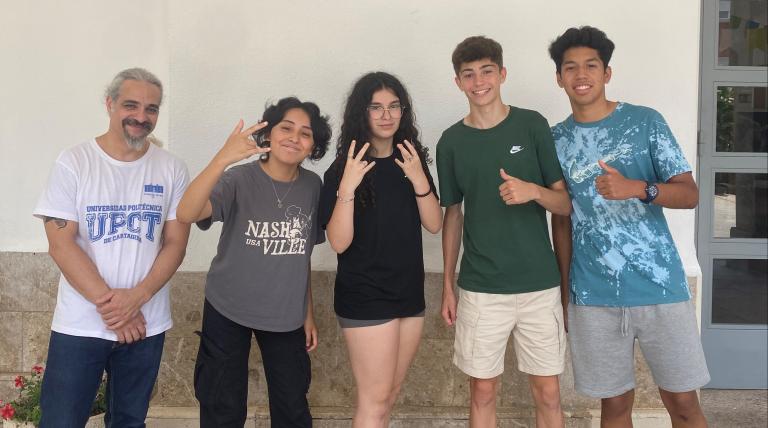For 40 years, we've been driving our country's economic and social progress. Four decades shaping Spain.
Four schools from Salamanca, Cuéllar, San Andrés del Rabanedo, and Béjar were proclaimed winners of the regional phase of the entreREDes Olympics
- The Minister of Education and Red Eléctrica’s regional delegate have awarded the prizes to the winners this morning at the Ministry.
- These students will represent Castile and Leon in the national final that will be held soon.
- The nearly 11,000 students involved in this initiative have worked throughout the 2022–2023 academic year to make the most of the knowledge acquired in their studies.
This morning, the Ministry of Education hosted the regional phase of the entreREDes Olympics, an initiative by Red Eléctrica. A total of 144 students from 51 schools across all provinces of the community, supported by 36 teachers, have competed to become the best in four categories: 1st, 2nd, 3rd, and 4th years of Compulsory Secondary Education (ESO).
The winners from each school were selected throughout the month of February and were grouped into coed teams of four students. The provincial phase was held between March and April. Finally, the winning teams in the regional phase were those from Lucía de Medrano (Salamanca: 1st ESO), IES Marqués de Lozoya (Cuéllar, Segovia: 2nd ESO), La Anunciata (San Andrés del Rabanedo, León: 3rd ESO), and Ramón Olleros Gregorio (Béjar, Salamanca: 4th ESO).
Rocío Lucas, Minister of Education, and Juan Ávila, Manager of the Social Innovation Department of Redeia, Red Eléctrica’s parent company, have awarded the prizes to the winners, which consisted of a robotics kit for the students and a 3D printer for the school. These students will represent Castile and Leon in the national final that will take place during the first half of June.
The more than 10,600 participating students have improved their teamwork throughout the three phases of the Olympics in order to make the most of the knowledge they have acquired in their studies. Red Eléctrica's entreREDes video game contains more than 8,000 questions and covers subjects like geography, history, physics, chemistry, biology, math, language, literature, leisure, and culture, but focuses particularly on energy, ecological transition, and the Spanish electricity system. It is complemented by three different types of educational games for classrooms that expand their didactic possibilities. In conclusion, this initiative allows for a fun review of the curriculum contents and to learn how the Spanish electricity sector works.
In the final competition, secondary school students from all over the country will have to compete against each other to demonstrate who has better mastered the course material and, especially, what they have learnt about energy, ecological transition, and the Spanish electricity system. Nationwide, more than 40,000 ESO students from ten autonomous communities have used the game and participated in the Olympics.
